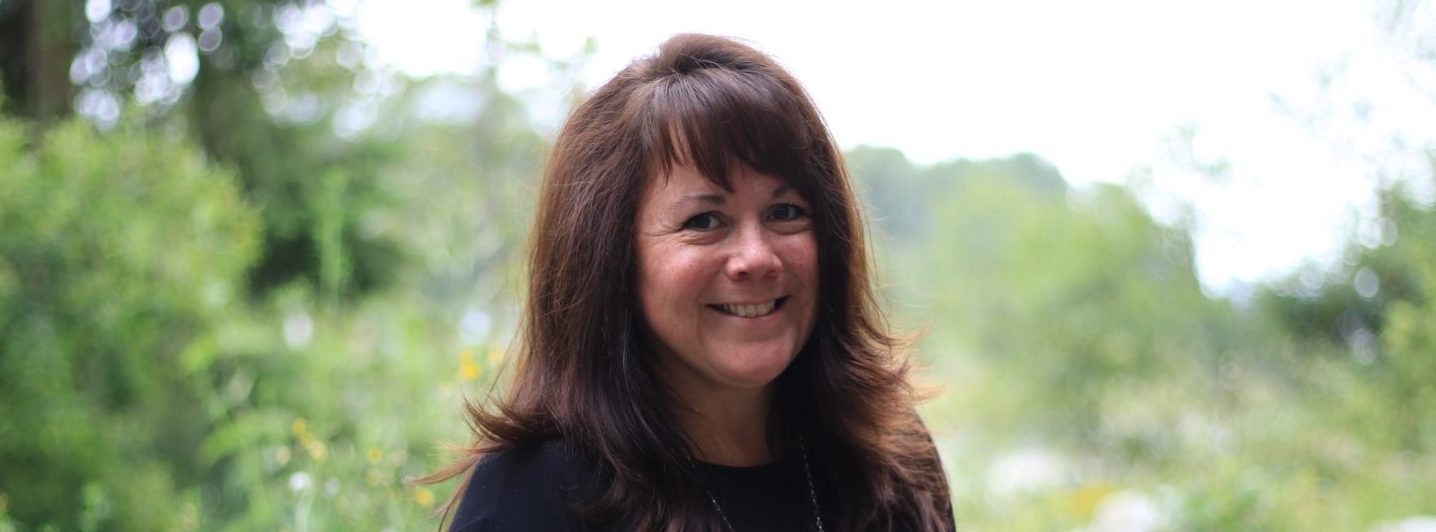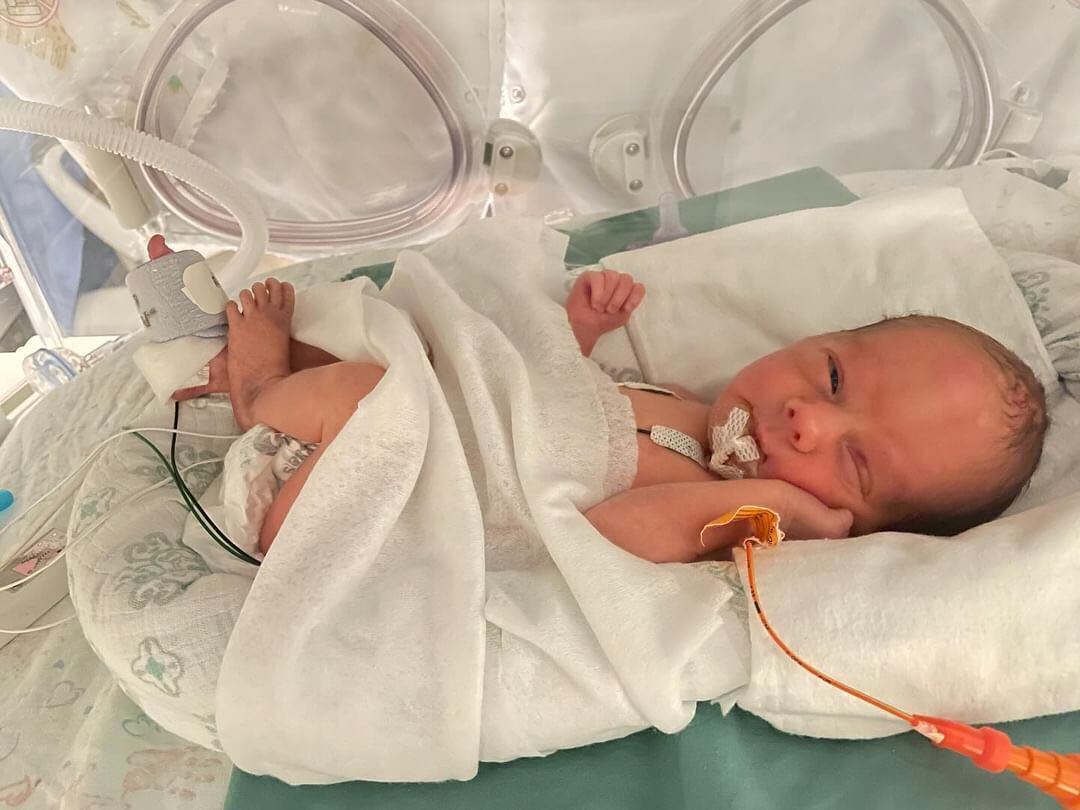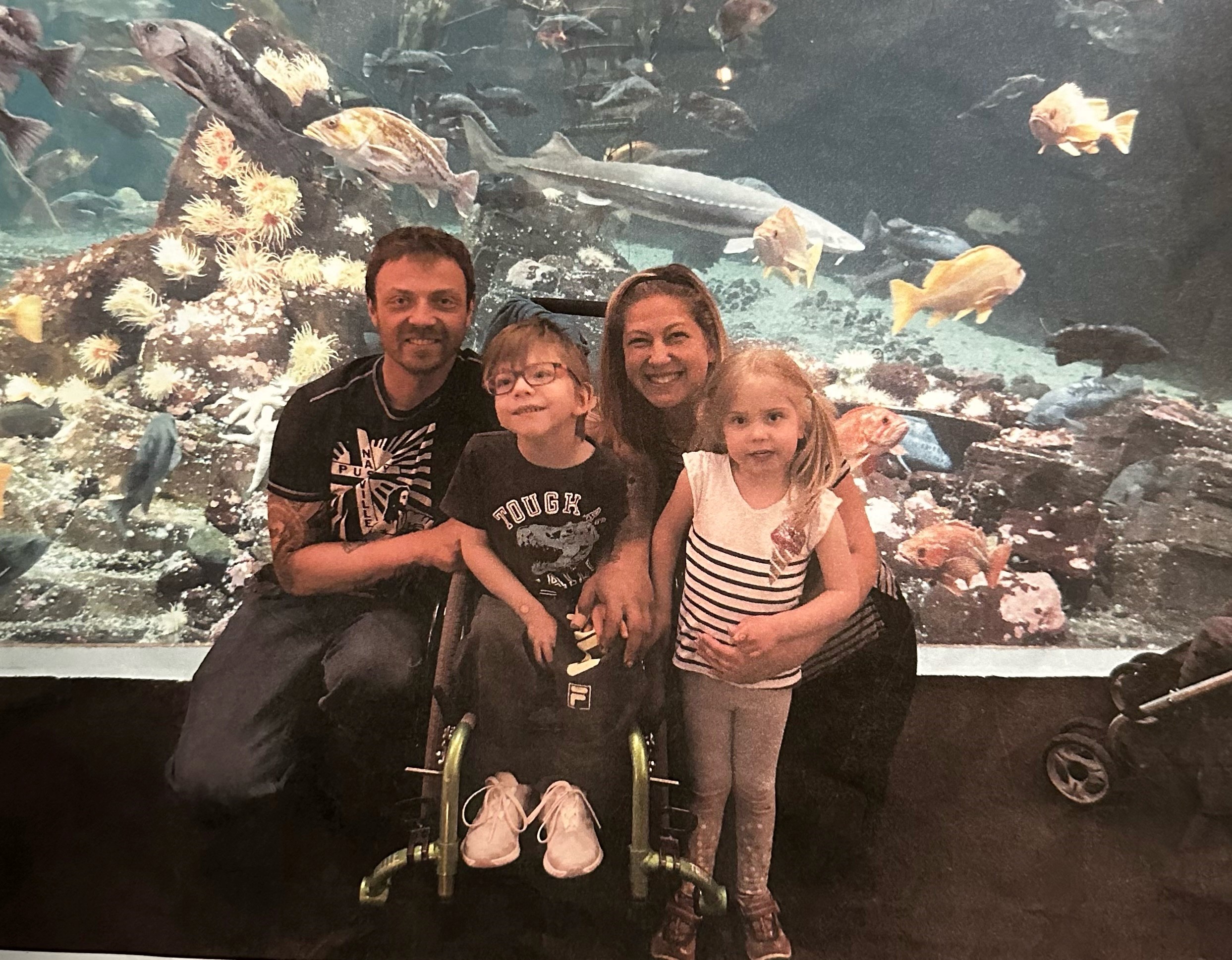
Dr. Kim van der Woerd is a leading advocate for Indigenous women’s health. She is a member of the ‘Namgis First Nation and principal with Reciprocal Consulting, a unique firm specializing in culturally–responsive evaluation and research. Her traditional name is T,lalisam, which comes from an origin story about the killer whale, one of the totems of her family.
“I feel extremely fortunate to be able to witness the good work that happens in our communities and tell the story that can contribute to their advocacy and self-determination. At the forefront, culturally–responsive evaluation means being mindful of power and privilege, and to not always give privilege to the voices of people in power,” explains van der Woerd.
Her firm recently partnered with BC Women’s Hospital Foundation on a data-gathering project aimed at better understanding the healthcare priorities of Indigenous women across the province. In each of BC’s five health regions, Reciprocal Consulting’s team conducted focus groups with Indigenous women, exploring and quantifying some of the barriers and issues that hinder their access to, and interactions with the healthcare system.
“One of the things we saw in the focus groups was the enormous resiliency of Aboriginal women,” says van der Woerd. “We’re here. We’ve survived all attempts to extinguish us. That narrative is something that needs to be elevated, for Canada to recognize Aboriginal women as nation builders and resilient people.”
“The women we talked with shared their stories generously and passionately, with the hopes that things can change and improve. It was really inspiring and humbling to be part of that process,” she adds.
van der Woerd cites many healthcare issues facing Indigenous women, but deems racial prejudice as the most significant hurdle. “Racism is the biggest barrier. I think about the teachings of one of our Elders who said, ‘You need to say hello to a problem before you can say goodbye,’ and that means we need to name the issue and use the R word of racism,” she says.
“We hear about Aboriginal people showing up in emergency rooms, presenting with stroke symptoms or other severe cardiovascular symptoms, and being turned away and told that they are addicts,” says van der Woerd. “We hear about Aboriginal women feeling they need to dress up to go to emergency so that they would get the best care possible.”
“It happens in acute settings and it also happens in primary health care,” she says. “In terms of improvement, we need to shine the light back on the system and think about what is upholding the experiences of racism.”
With the goal of effecting lasting, positive change in her community, van der Woerd uses her consulting firm to mentor Indigenous undergraduate students and support them in attaining their career aspirations. “Part of our mandate is to help reduce the education gap that exists for Aboriginal people in the mainstream education system,” she says. “We give space for students to have a voice so that going forward, we’ll have more of a critical mass to address the advocacy issues that we have.”
By actively incorporating Indigenous students as researchers, she helps ensure they obtain real-world experience and competitive CVs when applying for graduate studies. “We provide opportunities for students to use their critical skills necessary in the various stages of research, and they also gain valuable exposure to many different industries,” says van der Woerd. “With all this added experience, they regularly place in the top five per cent of applicants to graduate school.”
van der Woerd’s passion for mentorship goes back to her early experiences at university, “I was doing my undergraduate degree in psychology and I had the great fortune of meeting Ruth Turner, who is an Ojibwe woman. She was doing her master’s in the same department at SFU. She mentored me and advised me for a couple years, and with her help, I did get into graduate school.”
“One day, I asked her what I could possibly give back to her for all the life-changing mentorship she’d provided me, and she replied simply, ‘Bring others along.’ So that’s what I’ve tried to do, bring others along.”
Photo credit: Kate Tsuruda
-
Hope and Healing for BC’s Most Vulnerable
Not all pregnancies go smoothly. Some new moms encounter a multitude of life-threatening challenges. This was ...
Read more -
Immunoassay Analyzer for Newborn Screening
Simply put, early detection through newborn screening is saving lives. Baby Harri was one of the fortunate bab...
Read more -
A Journey of Hope + Gratitude
"You just never know how much you’ll appreciate a great facility like this until you go through something yo...
Read more



